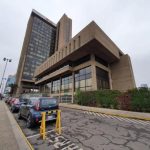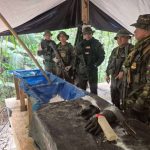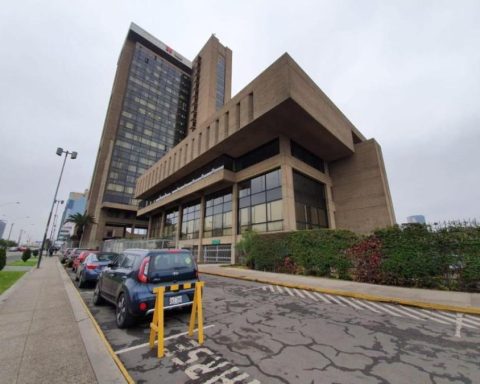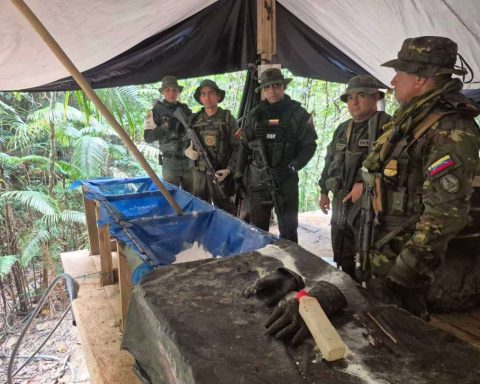Laura Poy and Alexia Villaseñor
La Jornada Newspaper
Wednesday, November 13, 2024, p. 11
The ECOS Network, which seeks to coordinate higher education and scientific research in the country, will divide its work into six regions (northeast, northwest, center-west, metropolitan area, center-south and south-southwest) and will be integrated by 32 state councils, reported Rosaura Ruiz Gutiérrez, designated head of the next Secretariat of Science, Humanities, Technology and Innovation (Secihti).
He explained that the network will be an articulating space for local, regional and national efforts, which will allow promoting new governance in the sector, through the National Common Space of Education, Science, Humanities, Technology and Innovation. The objective is to allow collaboration in joint projects, with communication channels that eliminate dispersed efforts and allow intersectoral work to address priority problems.
When participating in the second extraordinary session of the Deliberation Space of the State Commissions for the Planning of Higher Education (Escoepes), which was held in distance mode, he explained that the national ECOS Network will be based on the State Committees for the Planning of Higher Education. Higher Education (Coepes), which will be organized by region.
Better higher education
With this scheme, he indicated, What we propose is that by region we can attend to higher education, because of the young people between 18 and 23 years old, who are the ones who must pursue a bachelor’s degree, we serve more or less 30 percent, which is the net rate, but there are states with a rate of 15 or 17 percent
.
We believe, he said, that by region We can see how to improve the attention and quality of higher education, but also see the correlation to do research and the application of science by region, so that each region sees what its strengths and problems are.
.
Furthermore, it seeks to encourage exchange of projects between teachers, student and academic mobility and generating joint research projects
.
Ruiz Gutiérrez explained that, as part of the thematic axes that will be addressed in the national ECOS Network, a scientific-technological agenda is included, with health topics – including research on obesity and diabetes –, environment, food sustainability, seismic information and development of semiconductors, among others.
The social sciences and humanities agenda includes, among other axes, the fight against inequality and poverty, gender perspective, the State and the great historical transformations of Mexico.















